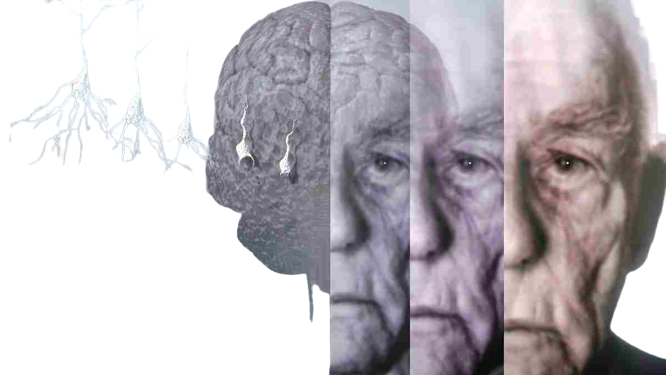Reduced Use of Antipsychotics and Benzodiazepines in Alzheimer’s Patients with Opioid Analgesics
A recent study conducted at the University of Eastern Finland has shown promising results regarding the utilization of opioid analgesics in individuals with Alzheimer’s disease. The research indicates that initiating opioid pain-relieving medications can lead to a decrease in the use of antipsychotics and benzodiazepines, which are commonly prescribed to manage behavioral and mental symptoms associated with dementia. These symptoms often worsen when accompanied by other factors such as pain. The findings of this study were published in the journal International Psychogeriatrics.
To investigate the impact of opioids on medication use, the researchers analyzed the prescription patterns of antipsychotics and benzodiazepines in individuals with Alzheimer’s disease over a period of six months before and after the initiation of opioid treatment. They compared these results with a control group of individuals with Alzheimer’s who did not receive opioid therapy. The study revealed a noticeable decline in the prevalence of both antipsychotic and benzodiazepine usage following the introduction of opioids, with a more significant reduction observed in antipsychotic prescriptions.
Antipsychotics and benzodiazepines are commonly prescribed to manage symptoms in Alzheimer’s patients, but they carry the risk of severe side effects, and long-term use is generally discouraged. Previous research has indicated that treating pain can lead to a decrease in behavioral and mental symptoms of dementia. However, this study provides novel evidence demonstrating a decline in symptomatic medication use when opioids are introduced.
This study, being the first nationwide investigation on the topic, further emphasizes the importance of accurate pain diagnosis and appropriate treatment in individuals with dementia.
The research was part of the MEDALZ cohort, which involved 3,327 individuals diagnosed with Alzheimer’s disease between 2010 and 2011. Each individual who started opioid therapy was matched with a control participant of the same age, gender, and region of residence who did not receive opioids. The study utilized data from Finnish nationwide registers.
Research article:
“Impact of opioid initiation on antipsychotic and benzodiazepine use among individuals with Alzheimer’s disease.”






Leave a Comment